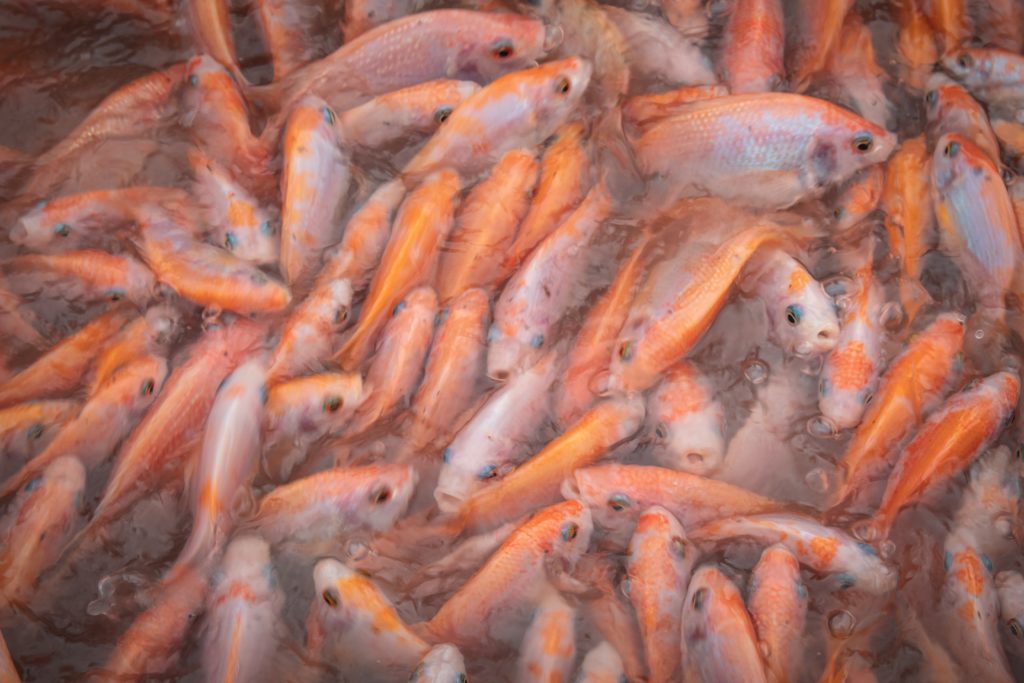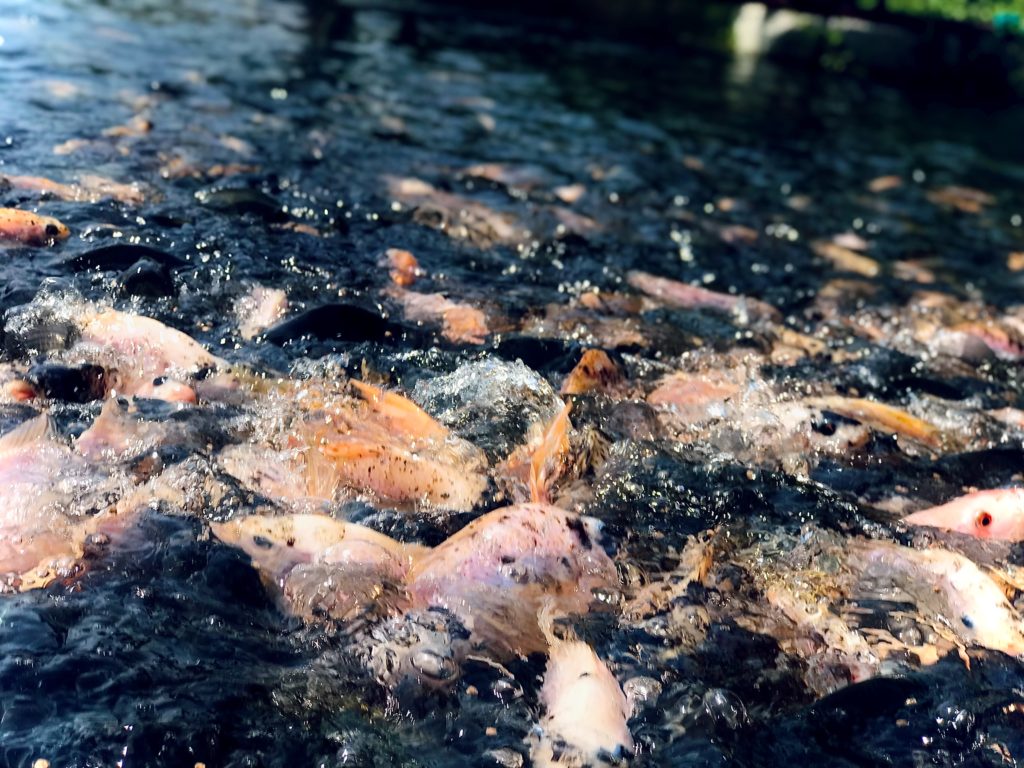3 Mins Read
Israel’s E-FISHient Protein is a joint startup project between BioMeat and The Volcani Institute that aims to develop, produce and market cultivated tilapia fish meat, using non-animal serums. Such serums are being considered for commercial sale, if they prove effective.
BioMeat will act as controlling partner in the arangement, snaring 76 percent of E-Fishient’s share capital. It will manage all business development activities and supply operational funding for the initial years of the project. The Volcani Institute will take 10 percent of shares, while providing facilities and developmental manpower.

The problem with conventional aquaculture
The consequences of overfishing are widespread, including species extinction, biodiversity loss, and increasingly unhealthy waterways. Tilapia is an overarching name for more than 100 species of cichlid fish. A freshwater fish, the majority is now farmed. Tilapia farming has come under scrutiny for overcrowding, unsanitary water management, and using livestock waste as feed.
Despite these concerns, it remains a popular fish, cited as a lean and low-calorie source of protein. The most recent data, collated in 2020, showed that global tilapia consumption had reached six million tonnes. This represented an increase of just above seven percent each year since 2010. Demand in Asia, Africa, and South America was identified as a key driver.

‘Better fish, a better world, and a better future’
E-FISHient aims to remove the ethical quandaries associated with tilapia production, by developing it in sterile conditions and with a clean taste as a priority. Leading the project will be CEO Dana Levin, Biomeat’s CEO Gilles Gamon, and Dr Jakob Biran. The latter will prove vital to the mission, as he currently serves as Volcani’s research lab head, specialising in food fish studies with a focus on tilapia.
The project will be looking to maximise the commercial potential of its developments, and expanding to include other species is already in progress. By the end of initial R&D, the startup hopes to have made meaningful progress in developing mature muscle tissue that can replace farmed fish meat.
“I’m proud of the opportunity to lead E-FISHient toward becoming a global player that spearheads innovation in the field of cultivated fish production,” Dana Levin, E-Fishient CEO said in a statement.
“The huge ecological damage from the fishing industry, together with the expected growth in world population, call for an urgent solution that will supply clean, healthful, nutritious, ecologically sound, high-quality fish meat for us and for the sake of the planet. I’m pleased to be advancing this trailblazing research, together with the Volcani Institute under Dr. Kobi Biran, and setting out to bring the world a new message in terms of the fish that we humans consume.”

The growing alternative seafood sector
One of 11 new Israeli food tech startups launching in 2021, E-Fishient finds itself in good and expansive company. The overall alternative protein sector is demonstrating enormous year-on-year growth, with investment up by 450 percent in 2021 over 2020. Seafood is looking to become a niche, both in terms of cultivated and plant-based developments. Israel topped the global chart for new alt-seafood companies being founded in 2021, with E-FISHient being one of five.
Also in Israel, Wanda Fish has signed two agreements with Tufts University. The partnership offers Wanda exclusive access to IP linked to cultivated fish development. Part of the 2021 seafood startup influx, Wanda is looking to unlock the secret to sustainable fish fillet production that will allow fish stocks to organically regenerate. It has not confirmed any species being worked with at present.
Lead photo by E-FISHient.




